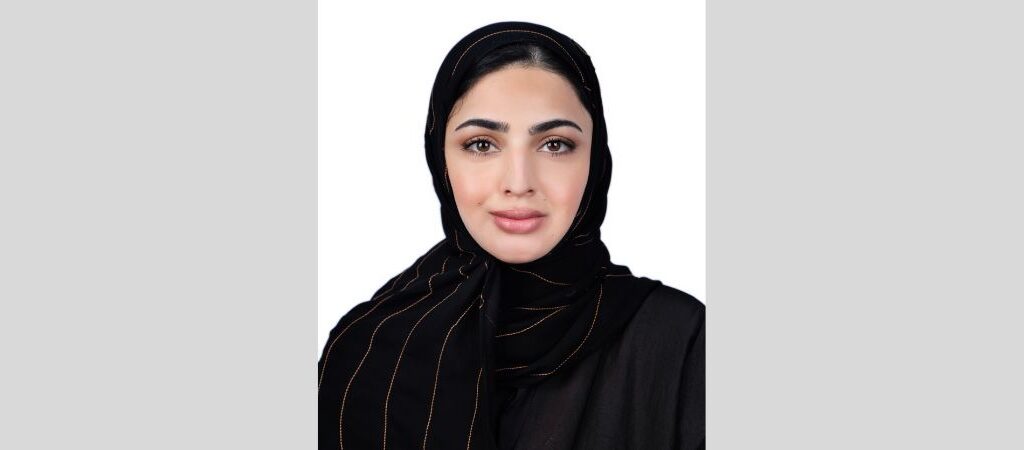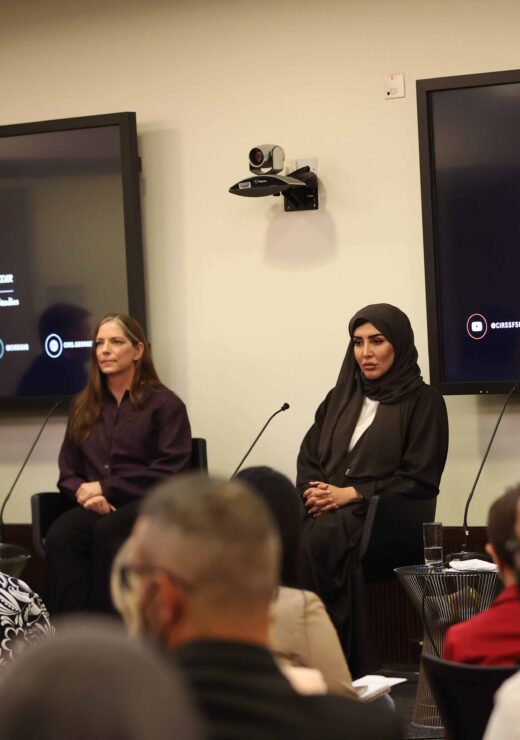The World Cup and the Utopian Promise of Upholding Human Rights

Central to issues of national identity and state-building, modern sports are not just about the physical activity of “playing the game,” they are also subject to the “politics of the game.” This is a critical framework through which present-day Mega Sporting Events (MSE)—like the FIFA World Cup and Olympics—can be viewed.
The promise of a hyped global event, such as the World Cup, is to promote human rights and international cooperation between nations and, more specifically, in the hosting country. This is a rather utopian view that has never been fully realized. To begin with, we must keep in mind the colonial legacies of modern sports. Many sports, such as football, were introduced by colonizers, mainly Britain, to their colonies, and were built on certain power relations that erased, hid, or damaged the local concept of sports. This historical context can help us further understand the politics and ideological challenges of FIFA today.
As the World Cup 2022 gets closer, the media frenzy around the event has increased. It is the first time that the tournament is being held in a Muslim Arab country, making it a great opportunity to test the idealistic promise of the event. Ever since Qatar won the bid in 2010, there has been an intense international spotlight on all the reasons why Qatar is not ready to host a World Cup. Numerous Human Rights Watch reports have commented on the country’s human rights abuses, the latest focusing on why Qatar is not ideologically ready to host the tournament. In addition, several stakeholders in Europe and the US are calling for a boycott of the World Cup in Qatar. All of these events, objections, and sensationalized stories are creating a perception of Qatar as the “other,” an entity with which the morally superior nations of the West must not engage during the tournament. This has created an atmosphere of cultural misunderstanding—quite the opposite of the World Cup’s utopian promise.
Despite the readiness of the physical preparations and infrastructure, the international criticism against Qatar is mostly formulated in ideological terms: due to human rights issues, such as the treatment of migrant workers and women’s rights, the international community should boycott the World Cup in Qatar.
There are two main responses to this narrative, both of which I find are missing the full picture. The first view positions the West as the moral policeman of the Gulf region, highlighting the changes Qatar should make as per a Euro-centric ideological superiority. Women’s rights concerns and gender equality issues, which exist all over the world in different contexts, are expected to be resolved in Qatar within the short span of time leading to the World Cup. This is not only unrealistic but unhealthy. Any real change should be done in a meaningful and thorough way, rather than being rushed ahead of a certain date.
The second view, which takes a defensive stance, points out Western double standards when dealing with the World Cup in Qatar and either responds by making quick changes to complicated issues or by completely denying their existence.
What remains is an ongoing ideological tug-of-war vis-à-vis the World Cup, and one that ultimately fails to properly address human rights issues. In the end, we must question whether Mega Sporting Events and their related institutions—with their inherent institutionalized ideologies and structural power politics—can really act as drivers of much more complex, contextual, and sociopolitical issues like human rights. Are we expecting too much from the wrong institutions?
Article by Zarqa Parvez, Adjunct Assistant Professor in Government at Georgetown University in Qatar and Adjunct lecturer at Northwestern University in Qatar.
Zarqa Parvez is an Adjunct Assistant Professor in Government at Georgetown University in Qatar and Adjunct lecturer at Northwestern University in Qatar. Her research interests include: Politics, Identity, Gender, State, Society, and Development in the Gulf region. She has organized academic conferences and led independent research projects relating to development of education and youth in Qatar. Parvez is committed to using an intersectional approach in researching, teaching, and policymaking in the larger state, society dynamics, and human/women’s rights issues in the Gulf region. She believes in making academia accessible to a larger audience and frequently publishes academic opinion pieces on topics related to Gulf politics and society.
Read more about the Building a Legacy: Qatar FIFA World Cup 2022 project here.
The posts and comments on this blog are the views and opinions of the author(s). Posts and comments are the sole responsibility of the author(s). They are not approved or endorsed by the Center for International and Regional Studies (CIRS), Georgetown University in Qatar (GU-Q), or Georgetown University in the United States, and do not represent the views, opinions, or policies of the Center or the University.
The World Cup and Women’s Empowerment in Qatar
In 2010, Qatar was chosen to host the 2022 FIFA World Cup. Only two years later in 2012, the first Qatari woman competed in the Olympic Games. This panel discussion will look at the impact of hosting the first World Cup in the Middle East on women’s participation in sports, as well as their rights and lived experiences in the country. Panelists: Zarqa Parvez…